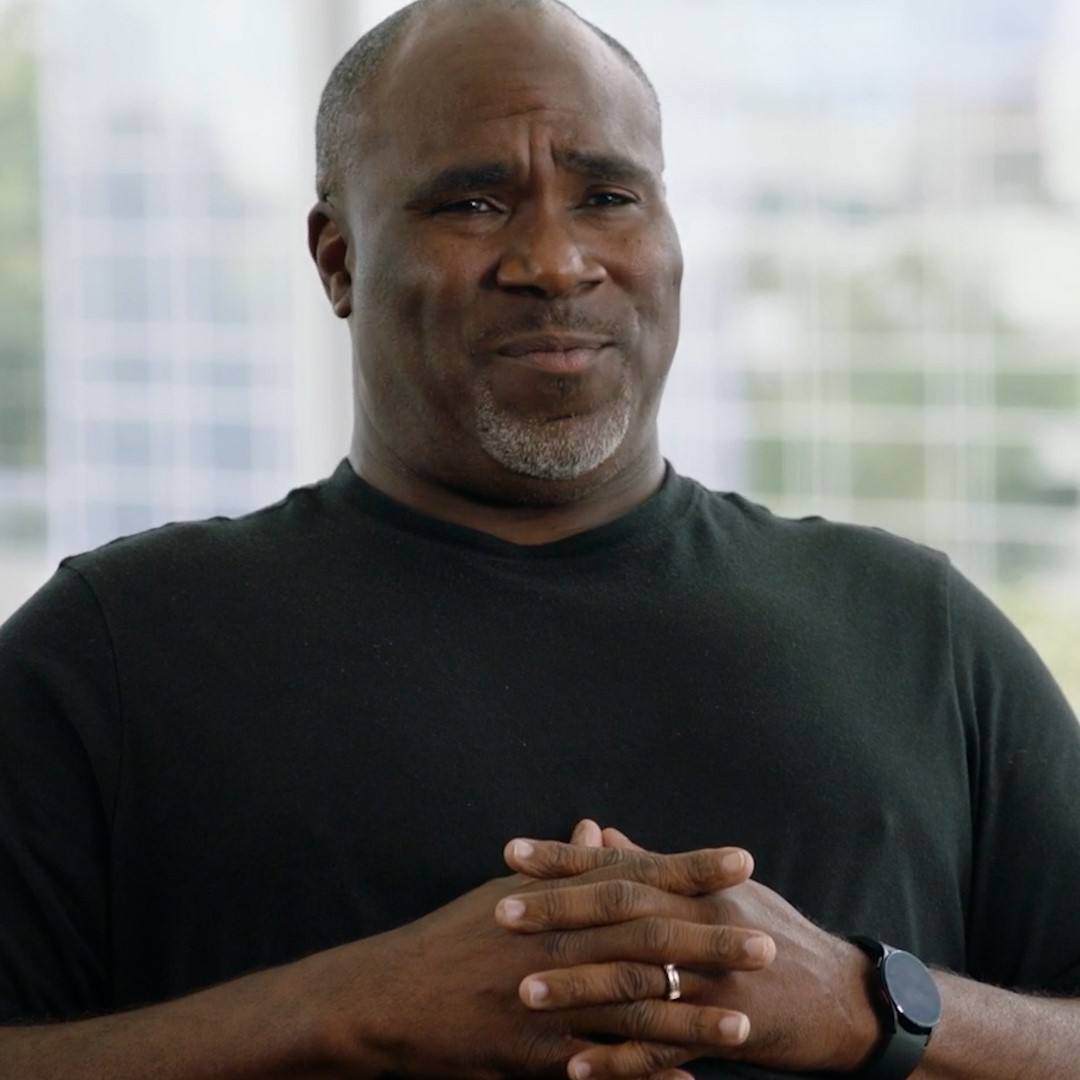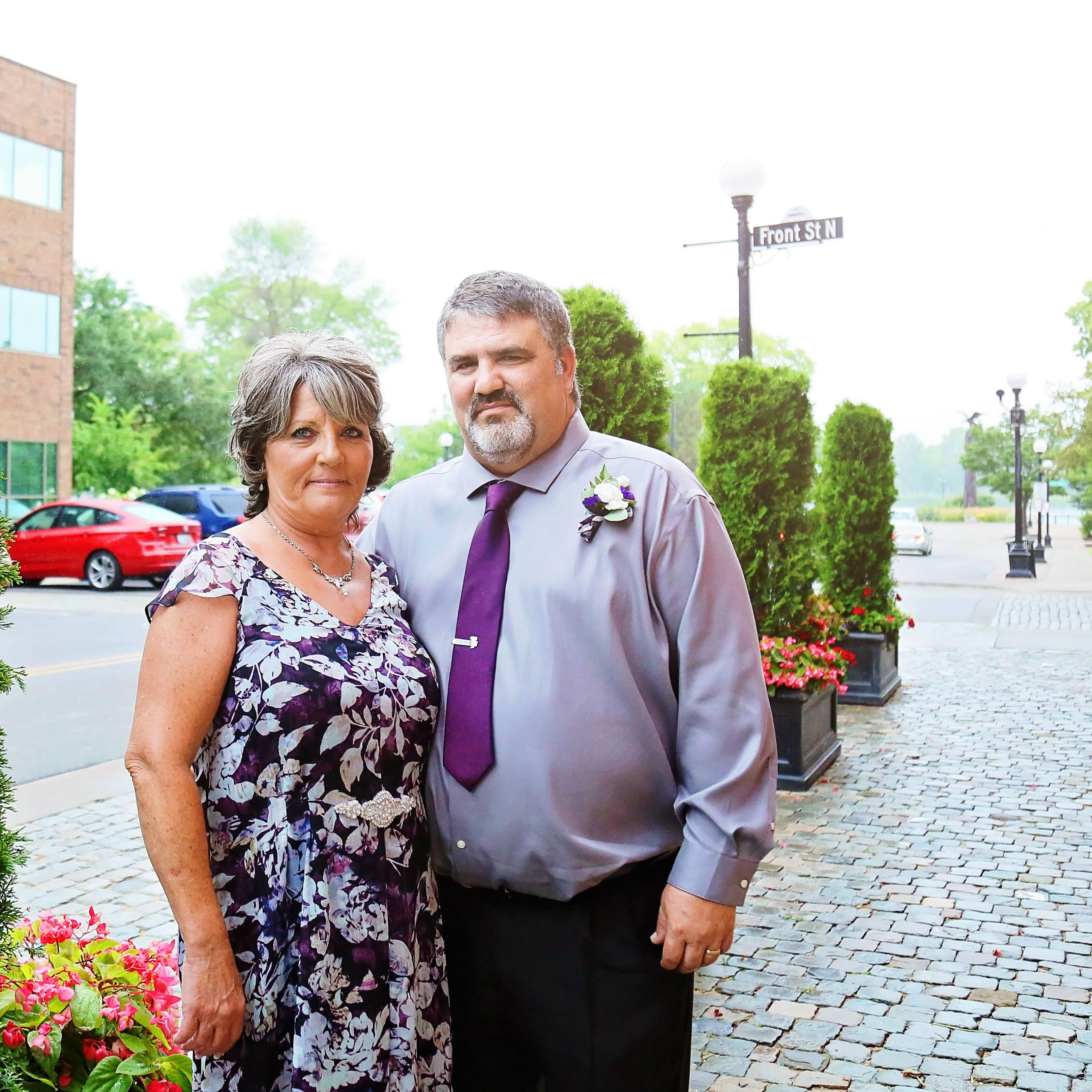
Knowledge is power. That's Rose Boettcher's philosophy. Genetic counseling helped this three-time cancer survivor make decisions about her health care. Her test results also have inspired her to advocate for her family's health and well-being.
Cancer runs in Rose Boettcher's family. The 67-year-old Cumberland, Wisconsin, resident has had three types of cancer: uterine, ovarian and, most recently, colon cancer that also spread to her liver. "There's a huge history of colon cancer in my family," Rose says.
Those factors led Eyad Sufian Al-Hattab, M.D., Rose's oncologist at Mayo Clinic Health System in Eau Claire, Wisconsin, to recommend that Rose undergo genetic counseling. Through a combination of genetic counseling and testing, Rose could learn about her genetic health, which in turn could help her make informed decisions about her health care.
Learning the options
Rose met with Katie Plamann, a Mayo Clinic Health System genetic counselor, who explained the options. Plamann says this is an essential part of the process, and part of her job is to help patients navigate the complexity of genetic testing.
"We support the patient from start to finish," Plamann says. "We help them understand the implications of the tests we can do. Sometimes they decide they would rather not know. But a lot of patients say, 'Knowledge is power,' and want to go ahead with the testing. I think that's a wonderful way to look at it."
"If my story can help somebody else, that's a good thing."
Rose Boettcher
For Rose, the choice was not a hard one. She preferred to be armed with information. "Being that I'm 67 and have already had three types of cancer, I guess I'm more proactive in my own health care," Rose says. "This was more for my children and grandchildren. If they learn they are at risk, they can go in for earlier screenings. If you catch them early, the success rate for treatment is a lot better."
Blood tests revealed that Rose has Lynch syndrome, an inherited condition that increases the risk of colon cancer and several other types of cancer. Around 3% of colon cancers are caused by Lynch syndrome.
Empowering educated choices
Plamann says the knowledge Rose gained can help her family. "For Rose, we were able to come up with an answer to why she developed those cancers," Plamann says. "Now we can work to determine who else in the family has Lynch syndrome, so they can make informed decisions about their care."
In addition to Oncology patients, Plamann works with OB-GYN patients and couples for counseling before and after they become pregnant. Together, they review screening and testing options. Reasons to move forward with genetic testing may include a family history of a genetic condition or a desire to determine if an individual is a genetic carrier.
Plamann says as people have become more familiar with genetic counseling, more of them are asking their providers about it. She says people who may be good candidates for genetic counseling include those who have:
- A significant personal or family history of cancer
- Been diagnosed with cancer younger than age 50
- Rare cancers, such as ovarian or male breast cancer
- Had three or more relatives on the same side of the family with the same type of cancer
Rose says she gained valuable information throughout the process and has been urging family members to take advantage of genetic counseling, too. "I will encourage them to have cancer screenings and be proactive in their health care," Rose says. "If my story can help somebody else, that's a good thing."
Note: A version of this story previously was published in Hometown Health.
HELPFUL LINKS
- Learn more about genetic testing.
- Read about Lynch syndrome and genetic testing.
- Explore Mayo Clinic Health System.
- Request an appointment.







